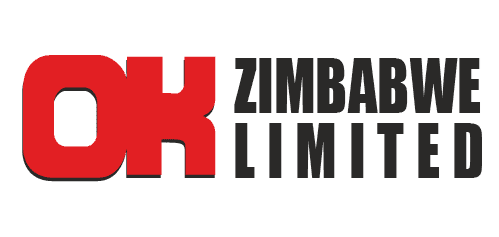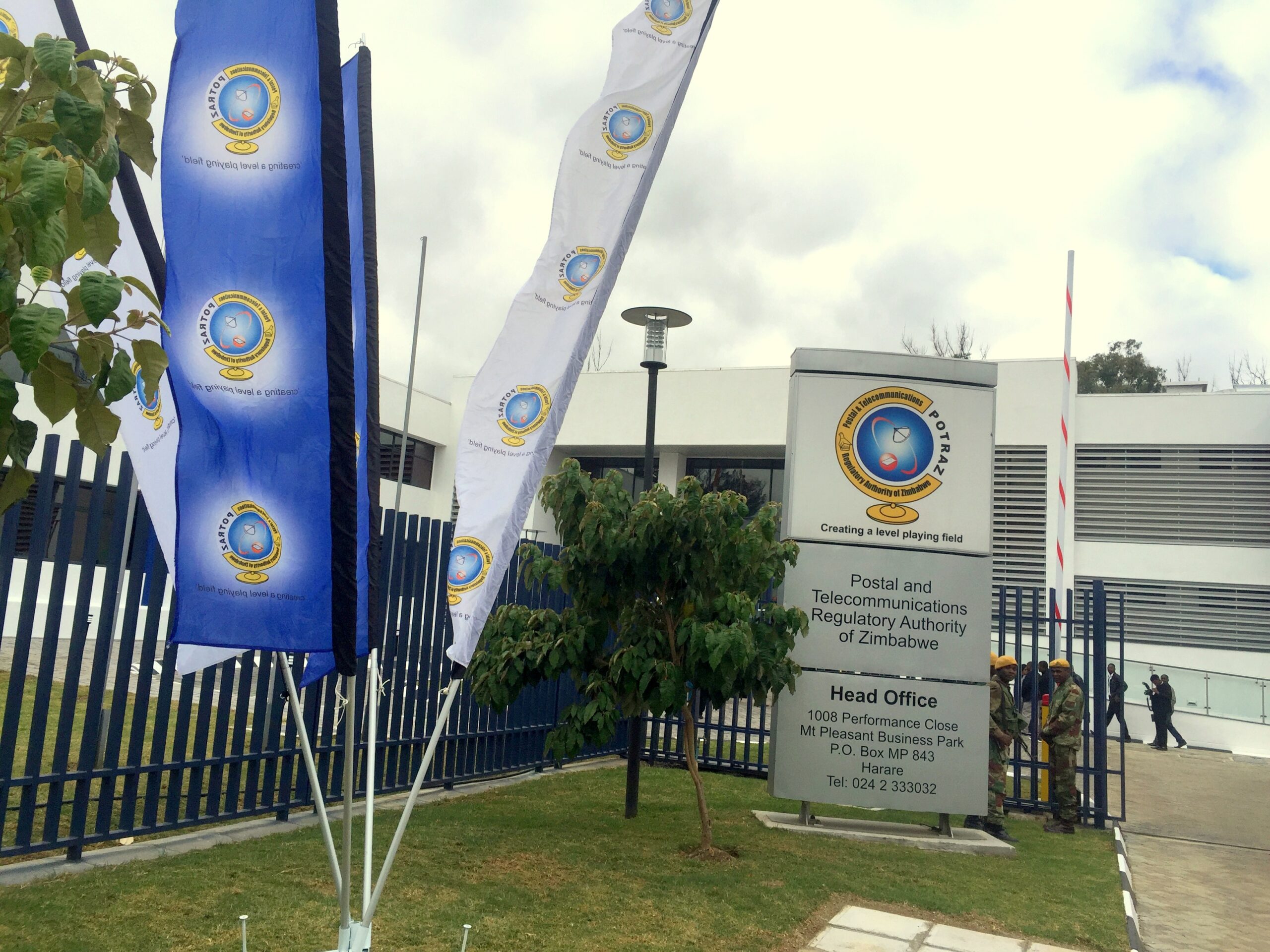Telcos record jump in revenues
Telecommunications industry reported a surge in revenues in the third quarter of 2020, but experts warn the sector is by no means out of the wood, amid rising costs and a huge legacy debt burden.
Statistics from the Postal and Telecommunications Regulatory Authority of Zimbabwe (Potraz), show mobile network operators’ revenues increased by 194 percent to $8,9 billion in the third quarter to September 2020, compared to $3 billion recorded in the previous quarter.
However, operating costs also rose significantly to $16.2 billion in the period under review, due to inflation and foreign currency exchange losses.
Dr Gift Machengete, the Potraz director general, said a number of burdens, including high finance costs and legacy debt, were still weighing the industry down.
“The credit crunch as well as foreign currency challenges have negatively affected network expansion and maintenance as spare parts, equipment and vendor support fees require foreign currency,” he said.
This was after capital expenditure by mobile operators declined by 86.8 percent to $9,8 million in the third quarter, from $74 million in the second quarter.
Dr Machengete said given the dual pricing policy, fluctuations on the foreign currency auction market will have a direct impact on service tariffs for the sector.
“Operating cost containment will remain crucial for operators to maintain profitability given the current inflationary pressures in the economy,” he added.
Economic analyst Claire Moyo, said while turnaround prospects were being noticed in some companies, the industry is “not yet out of the woods”.
“Zimbabwe still has some of the lowest data tariffs globally, and the industry is barely able to cover the cost of capital. It requires much more support to repair the deep damage to its finances and make it viable for telecom operators to invest in future technologies,” she said.
Although recent tariff adjustments had provided some cushion, Moyo said, the sector was still way below the levels that make the industry viable, due to low aggregate demand.
This stems from the fact that spending on telecom services and devices is still under pressure from the financial effects of large-scale job losses, and the consequent restriction on disposable incomes, which occurred during the Covid-19 pandemic.
Moyo added that the government must also look at rationalising levies in the sector, introduce tax breaks and solve longterm legacy debts that are a big drag on the performance of operators.
Companies in the telecommunications industry – including NetOne, Telecel, TelOne and Econet – have a combined legacy debt running close to US$1 billion.
Pete Bell, a research analyst for TeleGeography’s GlobalComms Database, said urgent government interventions were necessary to address inflation and plummeting foreign exchange rates that are causing problems for operators.
Telecommunications companies are dependent on overseas vendor partners for vital equipment, spare parts and maintenance, while debt financing also relies on foreign exchange.
“As the economy begins to pick up and inflation is slowly brought under control, Zimbabwe’s telcos will be looking to stabilize their own businesses which, at the moment, are looking anything but stable,” said Bell.
news24.com










